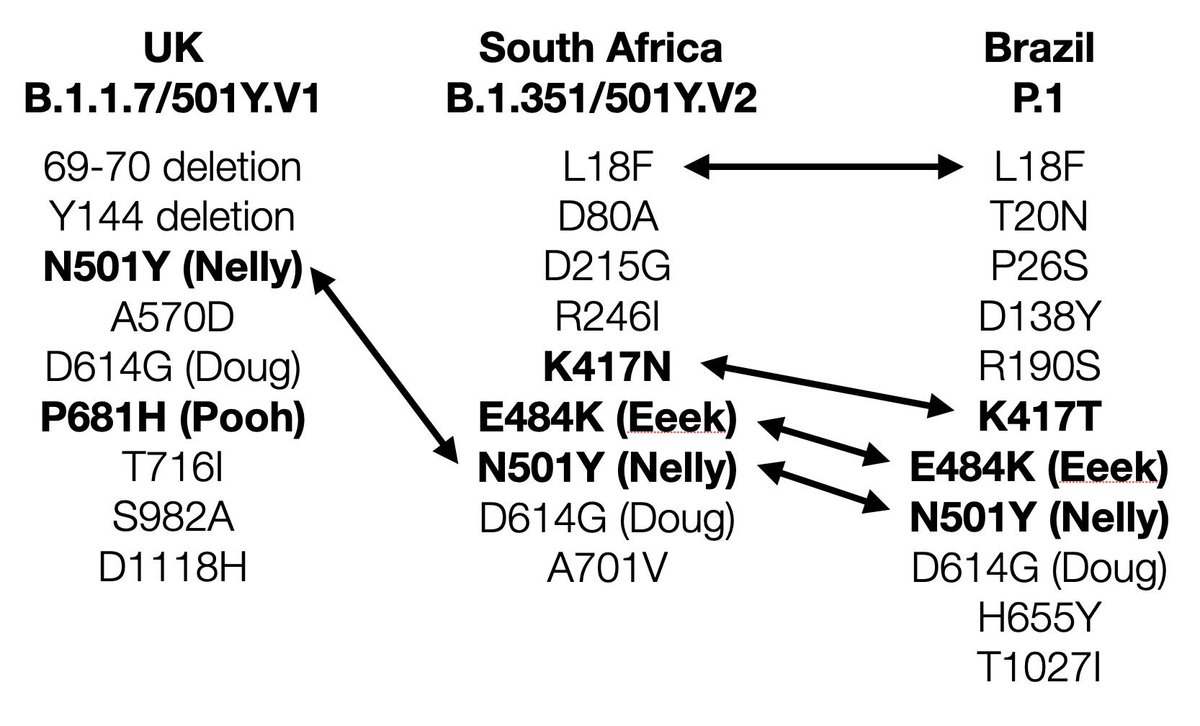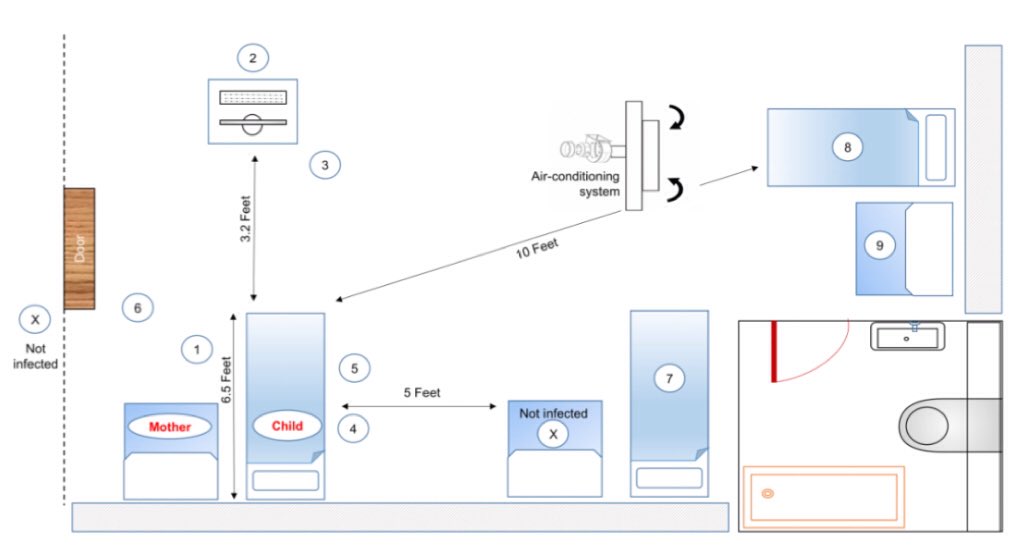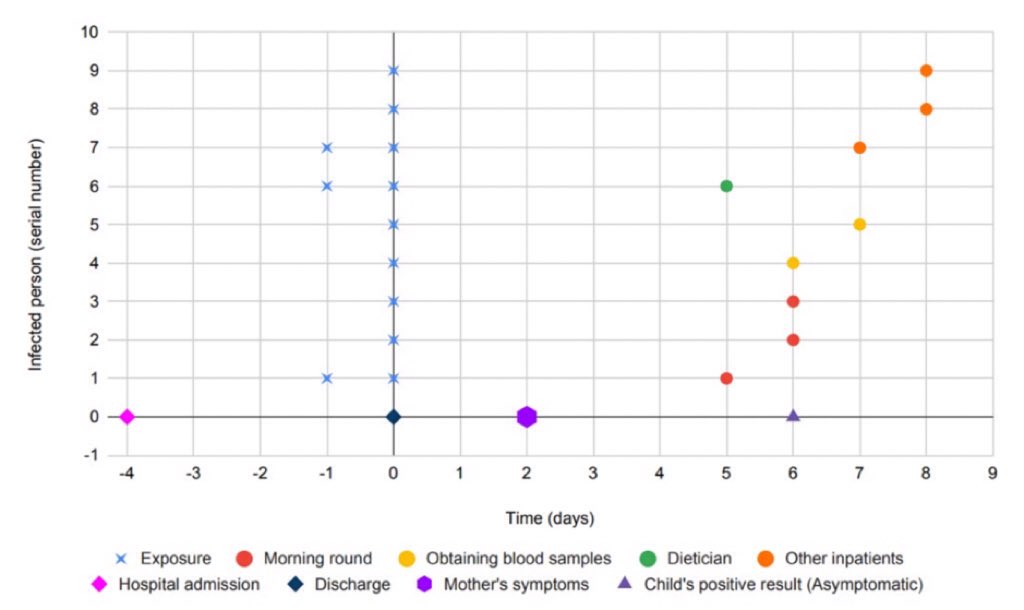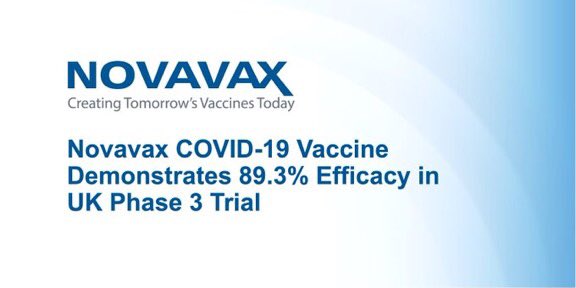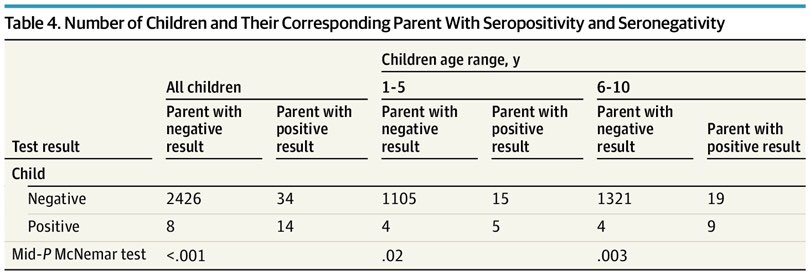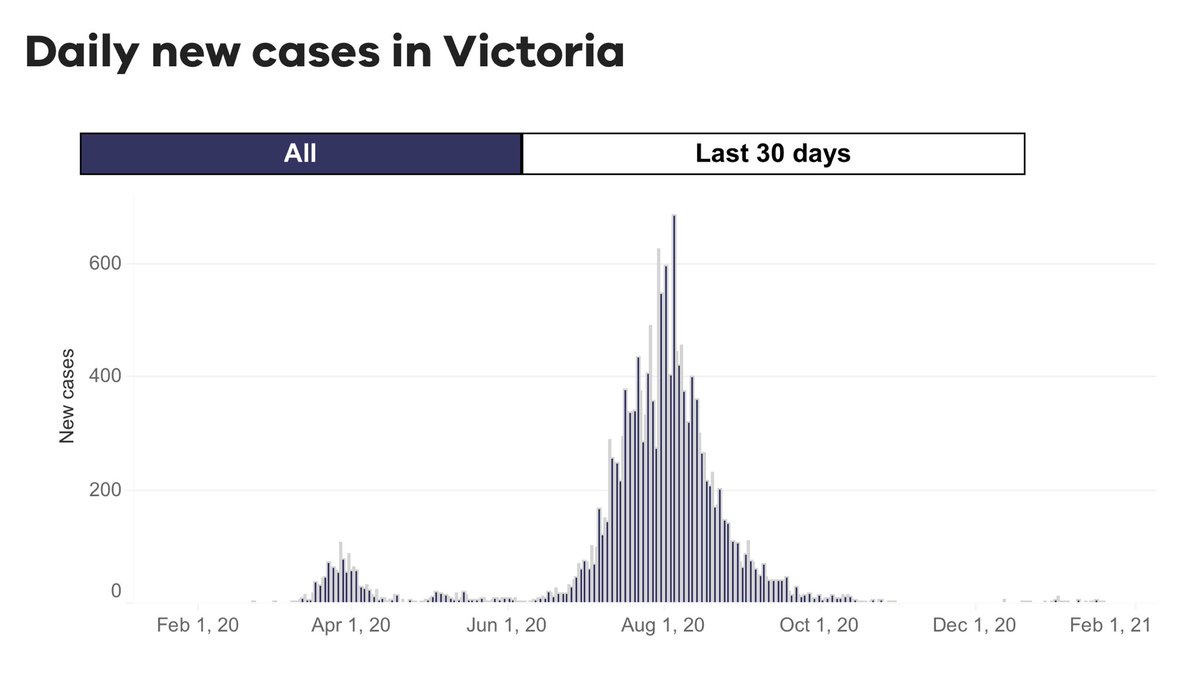
Important pre-print study (but from a good team, including @florian_krammer), showing a single dose of a mRNA vaccine may provide superior protection to two doses, in people who’ve already had COVID-19. This could free up the vaccine supply, enabling more people to be vaccinated.
https://twitter.com/jamesekhildreth/status/1357512468025769986
The researchers found that when people who’d previously been infected were given a single dose of a mRNA vaccine, their resulting antibody titres were 10-fold higher than people who hadn’t been infected, but received two doses of a mRNA vaccine. 

The researchers also found the side effects of the vaccine were more pronounced in people who’d previously been infected (though none were serious).
Thus, if these people only need to be given a single dose of the vaccine, this could potentially save them unnecessary discomfort.
Thus, if these people only need to be given a single dose of the vaccine, this could potentially save them unnecessary discomfort.

Ongoing study will be necessary to see whether the immunity resulting from a single dose is sustained, and also to see how it compares to people who’ve not been previously infected and received two standard doses of a mRNA vaccine.
• • •
Missing some Tweet in this thread? You can try to
force a refresh

